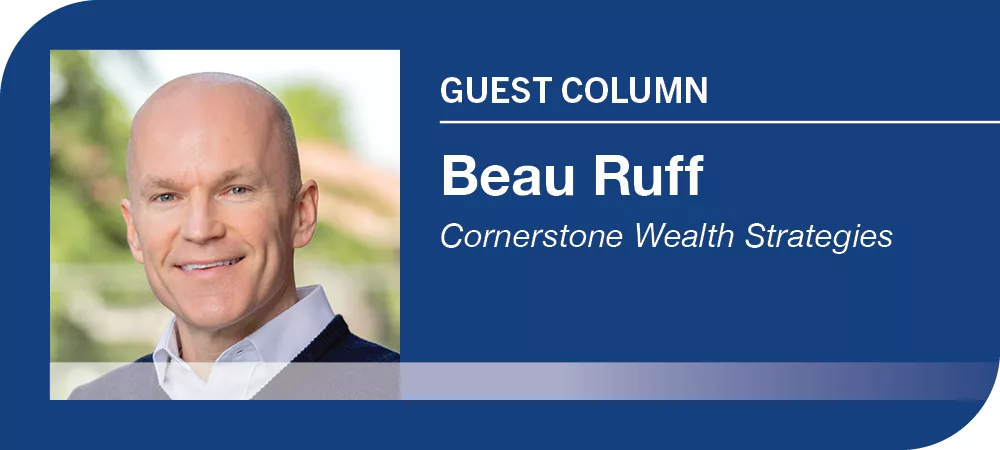
Home » New Washington Nonprofit Act aims to modernize procedures
New Washington Nonprofit Act aims to modernize procedures

November 11, 2022
Different business entities, like corporations and limited liability companies, are governed by default laws published by state legislatures. Nonprofits in Washington are similarly governed by specific statutory requirements that govern the organization, its powers, its duties, and its oversight (both internally by folks like the directors and externally by the state).
As of Jan. 1, 2022, Washington state has modernized and made significant changes to the Nonprofit Corporations Act codified in RCW 24.03A.
Some nonprofits have assuredly already updated internal operating procedures to comply with the new law. For those that haven’t yet had a chance to, it’s important to note that the new law is already in effect and compliance should be a top priority.
Here’s an overview of the most significant changes.
Board of directors liability
The new act clarifies when a director may be held liable for an act or omission.
Under the new law, a director is generally not liable to the nonprofit for any act or omission.
For someone volunteering his or her time, this clarity might be a welcome relief as board members sometimes express reluctance to serve because of liability concerns.
Still, the act maintains liability for a director to the nonprofit for: anything of value received by the director to which the director is not legally entitled, intentional misconduct or knowing violation of the law, and/or violating any additional standard of conduct specified in the nonprofit’s articles of incorporation.
Notably nothing in the new liability standards “(a)lters the fact or lack of liability of a director to the nonprofit corporation under another section of this chapter, such as the provisions governing the consequences of an unlawful distribution under RCW 24.03A.610, a conflicting interest transaction under RCW 24.03A.615 or taking advantage of a business opportunity under RCW 24.03A.620” (RCW 24.03A.540).
Additionally, a director can be held liable to a nonprofit member if the director knowingly inflicted harm upon the member or for an “intentional violation of criminal law or (the Washington Nonprofit Corporations Act) that results in harm or loss to the member” (RCW 24.03A.540).
Procedural rules for Attorney General
Despite laws to the contrary, some nonprofit boards didn’t recognize the power of the state’s Attorney General to investigate and prosecute violations of applicable nonprofit laws. Any ambiguity has been clearly delineated in the new law.
The Attorney General now has broader statutory powers to investigate suspected misuse or mishandling of charitable assets and the improper administration of the nonprofit (RCW 24.03A.950).
Annually, the Attorney General will receive a copy of every annual report (RCW 24.03A.075). As a measure of the Attorney General’s substantial involvement with nonprofits, note that the term “Attorney General” appears 110 times in the Act.
Board governance
The new act requires that a nonprofit corporation have at least three directors if it is a public charity (RCW 24.03A.505).
Private foundations still need only one.
Further, board directors are now generally limited to a five-year term (one-year is the default term unless amended by the articles or bylaws of the organization) (RCW 24.03A.515).
New procedures for managing assets
Nonprofits have long had to manage their investments according to a prudent person standard under Washington’s Uniform Prudent Management of Institutional Funds Act (RCW 24.55).
In an apparent effort to add consistency with that act, the new Nonprofit Corporation Act clarifies that the nonprofit is bound by the “material restriction or requirements contained in [a] gift instrument” while also narrowing the application of more stringent charitable trust rules (RCW 24.03A.185).
At the same time, the new act provides for streamlined procedures for modification or release of gift restrictions.
Email notice
The new act allows for electronic notice (email notification) for all communications unless a member receiving the notice revokes that authority (RCW 24.03A.015). The old rule required consent prior to electronic communication (RCW 24.04.009, repealed).
The highlights here only act to emphasize portions of the act. Overall, the new act is a substantial revision that merits a close examination by nonprofits and nonprofit boards to ensure continued compliance.
Beau Ruff, a licensed attorney, is the director of planning at Cornerstone Wealth Strategies, a full-service independent investment management and financial planning firm in Kennewick.
Local News Opinion Charitable Giving & Nonprofits
KEYWORDS november 2022





